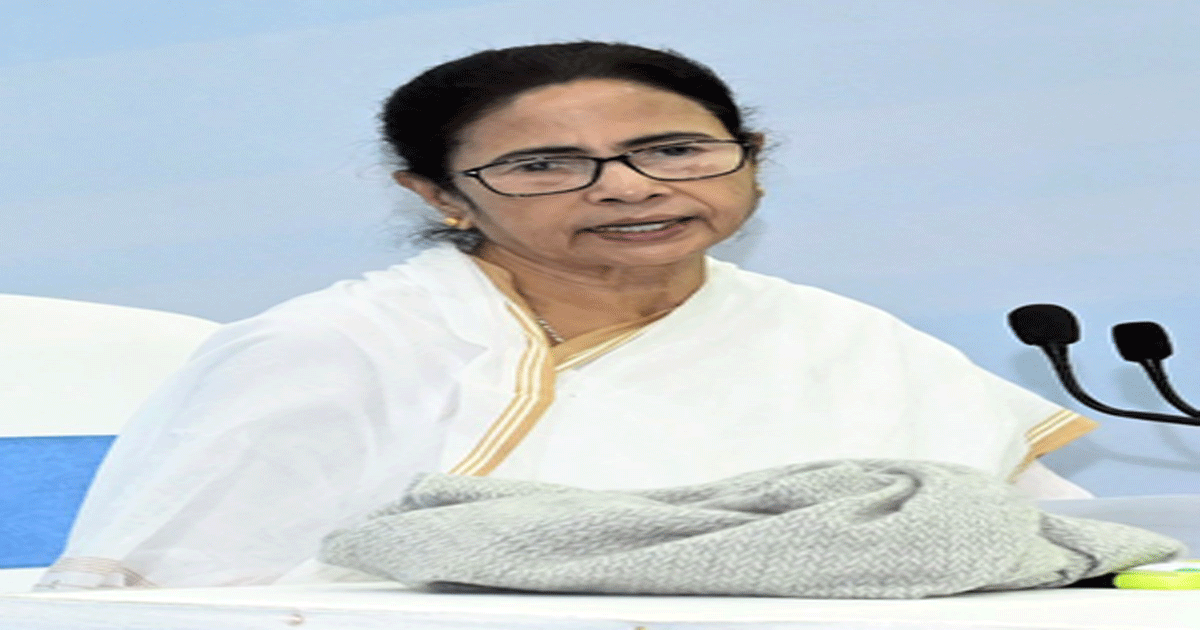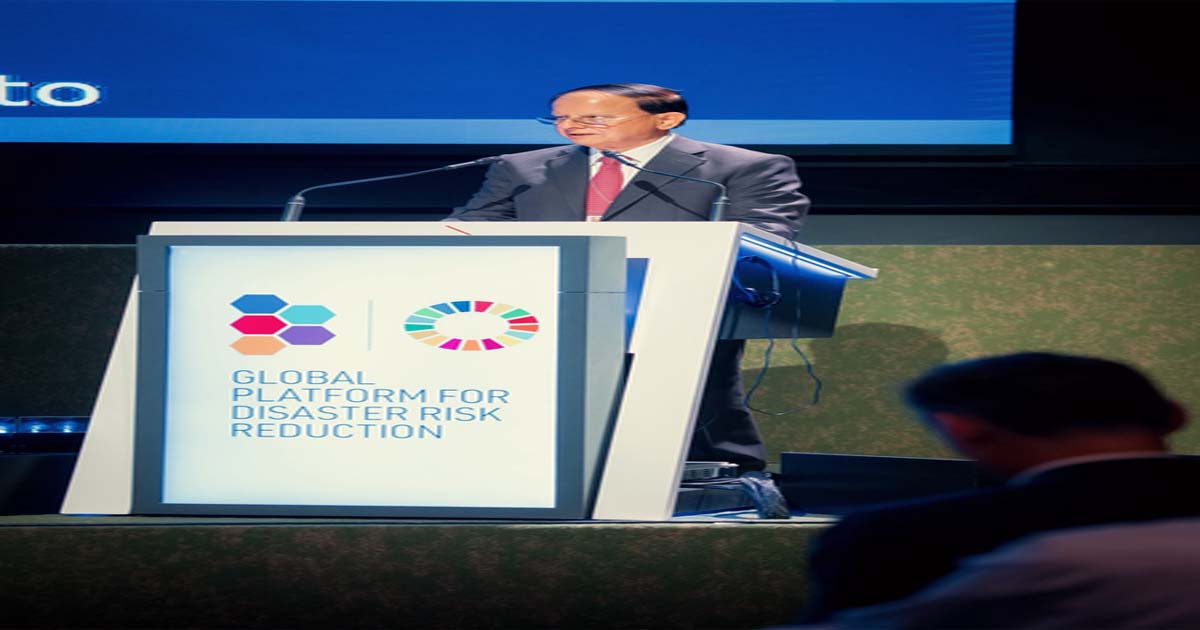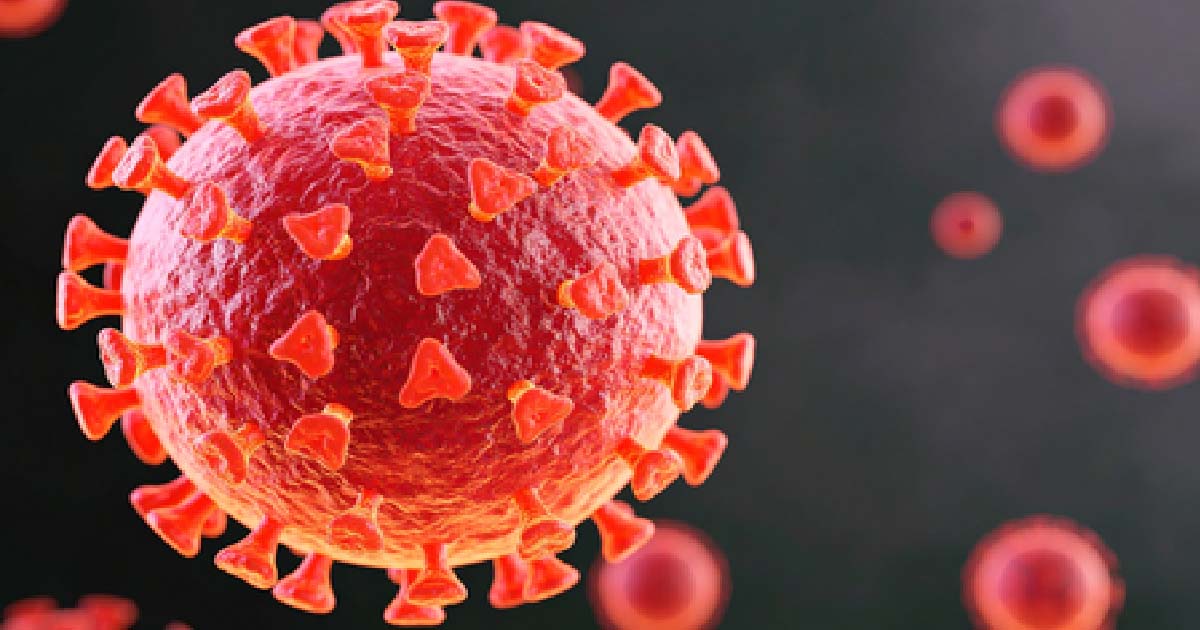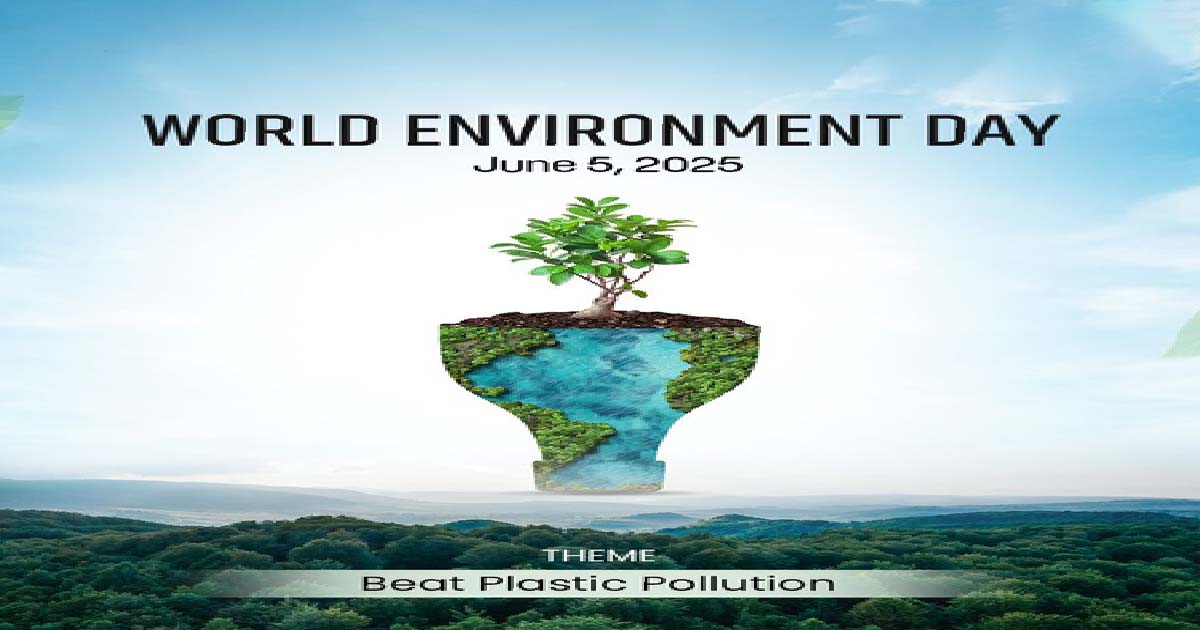health
12 doctors suspended, says CM Mamata Banerjee in two hospital death cases

Kolkata, Jan 16: The West Bengal health department has suspended 12 doctors after the death of a woman and a newborn baby in the alleged expiry saline case, Chief Minister Mamata Banerjee announced on Thursday.
Five women fell ill after being allegedly administered expired Ringer’s Lactate at a state-run medical college and hospital in West Midnapore district. One of the five women, Mamoni Ruidas died on January 10, and the baby passed away on Thursday morning. The baby was of Rekha Shaw, one of the five surviving women.
“Parallel probes by the state health department and the Criminal Investigation Department (CID) in the matter had proved the negligence of these doctors towards duty beyond doubt. Had these doctors performed their duties properly, these lives could have been saved. These 12 doctors have been suspended already. Apart from that the CID is conducting a probe into the matter and legal proceedings will be adopted against the doctors as per findings and legal provisions,” the Chief Minister said.
These suspended doctors include the medical superintendent-cum vice-principal (MSVP) and the resident medical officer of the said medical college & hospital.
The CM also said that had there been CCTVs within the operation theatres, the offenders could have been caught red-handed. “I think that CCTV machines should be installed in each and every operation theatre and I have asked the state health secretary to take necessary action on this count,” the Chief Minister said.
She said the compensation of Rs 5,00,000 will be provided by the state government to the family members of the deceased woman.
“At the same time, we would also be offering a job to one member of the family if they want,” the Chief Minister said.
She also said that there is a rule of eight hours of duty for the senior doctors, which many of them are not following. “Such negligence towards medical duty is equivalent to a criminal offence. So we need to take strong action. If you think that you are unable to perform the prescribed duties you can quit your job and go to any other state,” the Chief Minister said.
Chief Secretary Manoj Pant, who accompanied the Chief Minister at the press conference, said that from the investigation it is clear the operation protocols were not followed in this particular case. “The junior doctors were given the responsibility of the operation in the absence of senior doctors,” Pant said.
However, the Chief Minister disagreed with the popular thought that the administration of expired Ringer’s Lactate was responsible for the tragedies at the said medical college and hospital. “Had it been the case, then there would have been similar reports from other hospitals in the state where the same solution was used,” the Chief Minister said.
health
India takes lead in extreme heat risk management under PM Modi’s leadership

New Delhi, June 7: India has taken a proactive and forward-thinking approach to extreme heat risk management under the leadership of Prime Minister Narendra Modi, said Dr PK Mishra, Principal Secretary to the Prime Minister.
Delivering the keynote address during the Special Session on Extreme Heat Risk Governance in Geneva, he underlined that rising temperatures posing a systemic risk to public health, economic stability, and ecological resilience.
“India welcomes the United Nations Office for Disaster Risk Reduction’s (UNDRR) initiative to advance the Common Framework for Extreme Heat Risk Governance as a platform for shared learning, guidance, and collaboration,” he told the gathering, according to a Prime Minister’s Office (PMO) statement on Saturday.
Dr Mishra pointed out that India has moved beyond disaster response toward integrated preparedness and mitigation strategies. Since 2016, the National Disaster Management Authority (NDMA) has developed comprehensive national guidelines on heatwave management, revised in 2019, which laid the foundation for decentralised Heat Action Plans (HAPs).
He acknowledged the pioneering ‘Ahmedabad Heat Action Plan’, which demonstrated how early warnings, inter-agency coordination, and community outreach can save lives.
“Over 250 cities and districts across 23 heat-prone states have operational Heat Action Plans, supported by NDMA’s advisory, technical, and institutional mechanisms”, said the Principal Secretary, underscoring that strengthened surveillance, hospital readiness, and awareness campaigns have significantly reduced heatwave-related mortality.
India’s approach is whole-of-government and whole-of-society, engaging ministries from health, agriculture, urban development, labour, power, water, education, and infrastructure.
“Extreme heat deeply impacts communities, and India has actively incorporated traditional wisdom and local experiences into its response”, said Dr Mishra.
He noted that schools have become catalysts for behavioural change, educating children about climate resilience. He also emphasised that hospitals and primary health centres must be strengthened to ensure swift and effective emergency responses.
Outlining India’s transition from a preparedness-only approach to long-term heatwave mitigation, including cool roof technologies, passive cooling centres, urban greening, and the revival of traditional water bodies, Mishra affirmed that India is integrating Urban Heat Island (UHI) assessments into city planning.
He called for a global focus on developing a localised heat-humidity index based on real-time data to enhance early warning systems, advancing building technologies and passive cooling innovations that are affordable and culturally appropriate and addressing equity concerns, as extreme heat disproportionately affects women, outdoor workers, the elderly, and children.
health
Study shows how Covid virus shields itself during replication

New Delhi, June 6: US researchers have identified a mechanism that SARS-CoV-2 — the virus that causes Covid-19 — uses to protect itself inside the body as it works to replicate and infect more cells.
Without this protective mechanism, viral infection is dramatically reduced, said the team from the Texas Biomedical Research Institute and the University of Chicago.
The finding, published in the journal Nature Communications, not only provides a potential target for new Covid therapies but also offers insights that could inform future vaccine and antiviral development.
The study builds on earlier work from Texas Biomed that identified ORF3a, a type of viral protein most important for the virus’s pathogenicity, or ability to cause disease.
Specifically, the team found that SARS-CoV-2 ORF3a appears to play a vital role in protecting structural proteins, most notably the spike protein that facilitates spread into other cells, as they are assembled on the surface of viral particles.
It does this by driving the formation of a dense group of proteins that surround the spike protein and provide protection while in transit, much like security detail protecting a person or an armoured vehicle carrying cash to the bank, the researcher said.
Jueqi Chen, Assistant Professor at the University of Chicago, termed these protective complexes “3a dense bodies” or 3DBs for short.
It appears that 3DBs help prevent the spike protein from being cut into smaller components.
When ORF3a is missing, these 3DBs fail to form, and the spike protein often arrives damaged, severely impairing the nascent virus’s ability to infect new cells, the expert said.
“ORF3a could therefore be a good target for drugs to block the virus,” said Luis Martinez-Sobrido, Professor at Texas Biomed.
“This discovery could also be instrumental for vaccine development, as we illustrated previously,” Martinez-Sobrido added.
health
World Environment Day: Ministers call to stop plastic pollution, embrace sustainability

New Delhi, June 5: Union Ministers on World Environment Day on Thursday urged citizens to put an end to plastic pollution and embrace sustainability while also planting more trees for a greener and cleaner future.
World Environment Day is observed every year on June 5. The theme this year, ‘Beat Plastic Pollution’ aims to end plastic pollution.
“As we mark #EnvironmentDay today, let’s reaffirm our commitment to protecting our planet and ensuring sustainability for all living beings. Always remember nature protects when protected,” said Bhupender Yadav, Union Minister for Environment, Forest and Climate Change (MoEFCC), in a post on social media platform X.
“On World Environment Day, let us renew our commitment to protect the planet by planting more trees, reducing pollution, conserving resources, and embracing sustainability. Together, our small steps can create a greener, healthier, and more hopeful future for all,” added Pralhad Joshi, Union Minister of Consumer Affairs.
Globally, an estimated 11 million tonnes of plastic waste leak into aquatic ecosystems each year, while microplastics accumulate in the soil from sewage and landfills, due to the use of plastics in agricultural products.
Jitendra Singh, Union Minister of State (Independent Charge) for Science and Technology stated that India “reiterates its strong commitment to beat plastic pollution through proactive policies, sustainable practices and mass awareness. Together, let’s restore ecosystems, conserve biodiversity, and build a greener, cleaner future”.
“Let us take a pledge on this Environment Day – stop plastic pollution, live in harmony with nature, and create a greener, cleaner, and safer earth for future generations,” added Kirti Vardhan Singh, Union Minister of State for MoEFCC.
Besides choking the planet, plastic pollution permeates even our bodies in the form of microplastics and poses several health risks.
“Plastic pollution is choking our planet – harming ecosystems, well-being, and the climate. Plastic waste clogs rivers, pollutes the ocean, and endangers wildlife,” said UN Secretary-General António Guterres.
“And as it breaks down into smaller and smaller parts, it infiltrates every corner of Earth: from the top of Mount Everest to the depths of the ocean; from human brains; to human breastmilk,” he added, calling for a movement for urgent change.
-

 Crime3 years ago
Crime3 years agoClass 10 student jumps to death in Jaipur
-

 Maharashtra1 year ago
Maharashtra1 year agoMumbai Local Train Update: Central Railway’s New Timetable Comes Into Effect; Check Full List Of Revised Timings & Stations
-

 Maharashtra1 year ago
Maharashtra1 year agoMumbai To Go Toll-Free Tonight! Maharashtra Govt Announces Complete Toll Waiver For Light Motor Vehicles At All 5 Entry Points Of City
-

 Maharashtra1 year ago
Maharashtra1 year agoFalse photo of Imtiaz Jaleel’s rally, exposing the fooling conspiracy
-

 National News1 year ago
National News1 year agoMinistry of Railways rolls out Special Drive 4.0 with focus on digitisation, cleanliness, inclusiveness and grievance redressal
-

 Maharashtra1 year ago
Maharashtra1 year agoMaharashtra Elections 2024: Mumbai Metro & BEST Services Extended Till Midnight On Voting Day
-

 National News1 year ago
National News1 year agoJ&K: 4 Jawans Killed, 28 Injured After Bus Carrying BSF Personnel For Poll Duty Falls Into Gorge In Budgam; Terrifying Visuals Surface
-

 Crime1 year ago
Crime1 year agoBaba Siddique Murder: Mumbai Police Unable To Get Lawrence Bishnoi Custody Due To Home Ministry Order, Says Report












